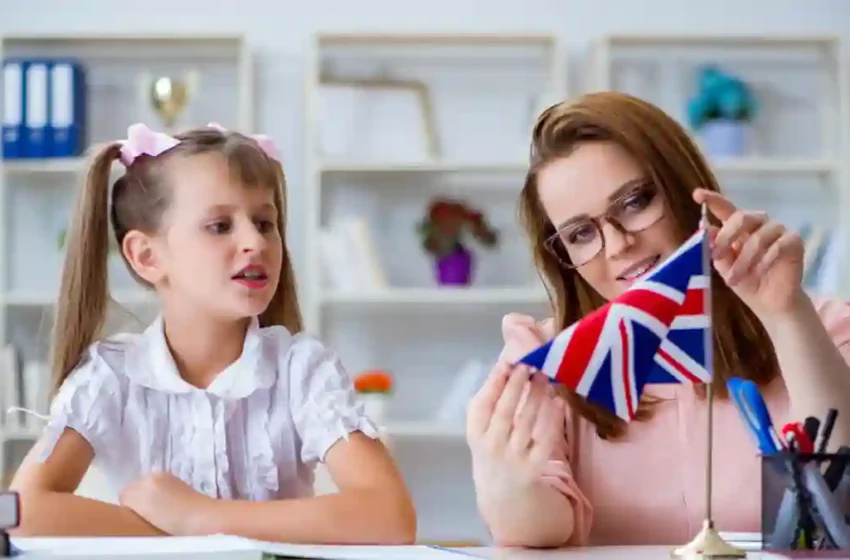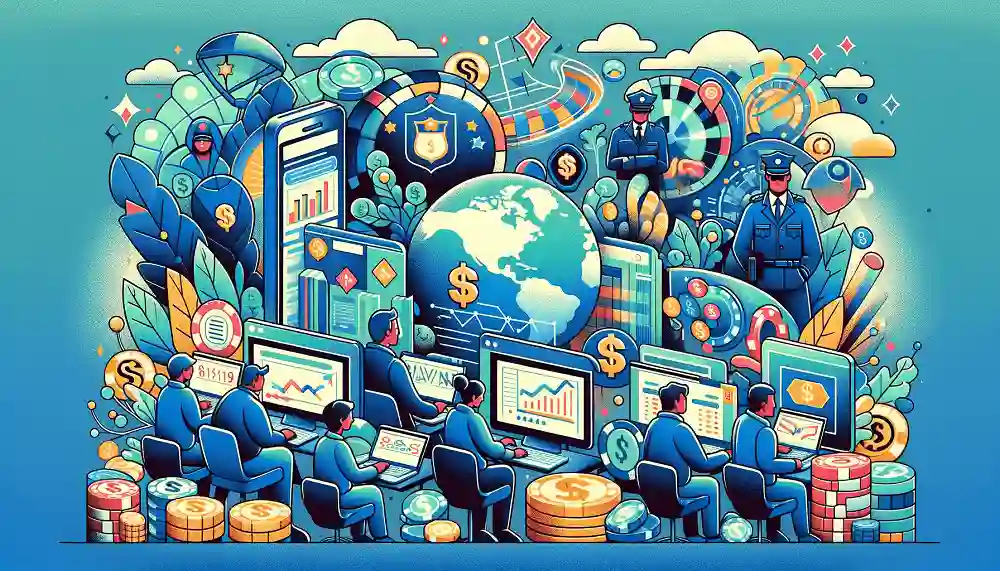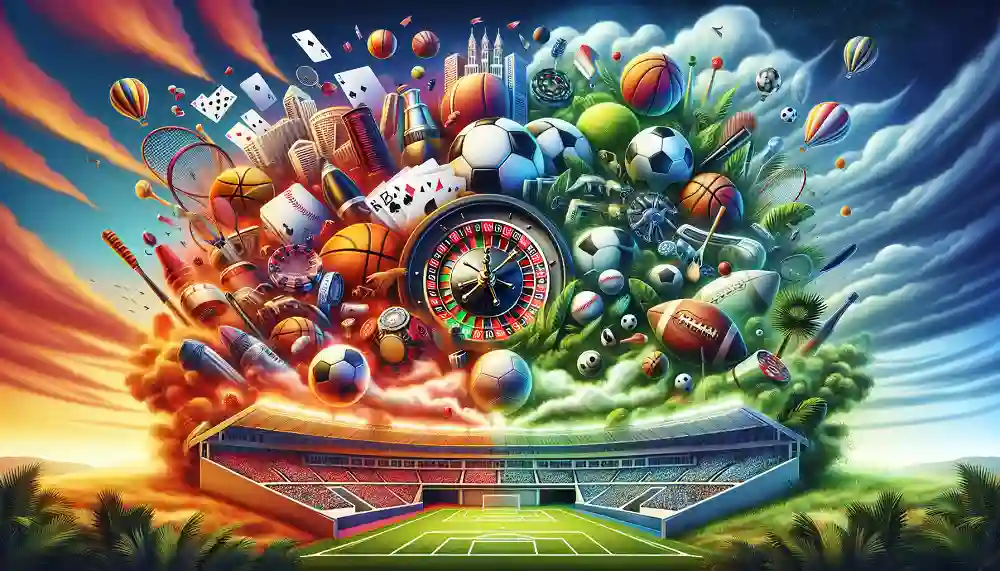
Why educate children and young people about safety and risk?
Children and young people need to know that safe risk-taking can lead to valuable personal growth. It is essential for their social, emotional and physical development.
Many practitioners see danger in everything and remove equipment or restrict children’s access to resources. These adults need to get risk into perspective.
It’s good for their mental health
Young children need to learn that the world can be dangerous. If they are not taught to recognise and evaluate risks, as they grow they will lose this skill, making them less able to make sound judgements as adults.
They will also be more vulnerable to those who seek to harm them. A child who has never been told to beware of a hot cooker may not realise that it’s hot and will be injured by touching it. The same is true of the teenager who does not understand that there are real dangers in their decision to gamble their future for the thrill of a drug or alcohol fuelled night out.
Personal safety isn’t something that can be taught by telling – it needs to be actively discussed in calm, age-appropriate ways. For example, children should be taught not to share anything online that they wouldn’t want their teachers, college admissions officers or grandma to see, that they should use privacy settings and block people who seem inappropriate.
It’s good for their physical health
Many injuries are preventable by teaching children simple steps like always looking left and right before crossing the road. Kids need to be reminded that they are the bosses of their bodies and should listen to their own body signals, such as when their gut tells them to leave a potentially unsafe situation.
Online safety is just as important, with kids needing to be taught how to recognise and avoid dangerous people. They should also be encouraged to keep their digital profiles private, only chat with people they know in real life, and never post pictures or personal information that could be used against them.
Educating children and young people to be able to assess risks rationally isn’t an easy task, with different age groups having to learn in different ways. However, by learning these skills they will be able to cope with danger and uncertainty throughout their lives, making sound judgements that will keep them safe.
It’s good for their emotional health
In a world where social media and instant messaging have become the norm for children and young people, they must understand that anything shared online can be seen by anyone. This has been linked to cyberbullying, which leads to loneliness, depression and even self-harm in victims. It also puts them at risk of recruitment to terrorist and extremist groups.
Young children and teenagers can be prone to accidents, including fatal/serious road accidents where they are often the victim of a lack of attention. Accidental injuries are a common cause of emergency admission to hospital for kids, and it’s vital they learn the importance of following safety rules.
Children need to be taught how to recognise danger – whether it’s being warned about touching hot things or learning about the risks of strangers in their local community. They need to be given clear, calm and consistent rules about keeping safe. They need to be encouraged to talk openly about their safety with adults, and role-play scenarios like unwanted attention from a stranger.
It’s good for their social development
Social development involves acquiring the knowledge, skills and values that enable children and young people to interact with others effectively. This is a process that begins at birth and continues throughout their lives. Healthy social development is a known protective factor against mental health problems and has been shown to decrease the tendency to engage in criminal behaviour.
For example, infants learn to understand turn-taking and emotions through their daily interactions with caregivers and through imitating others. They also learn to communicate at various stages of development, from pointing to objects to speaking. Children and young people need stable, caring relationships to help them develop a sense of self and their place in the world.
As adolescents become older, they begin to explore different social identities as they find their place in subcultural groups and the wider society. They need to know how to set appropriate boundaries in the social media they use and how to talk openly about risk with their friends and peers.




